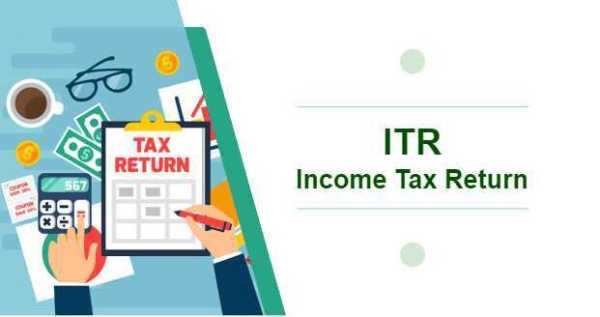
Introduction: Filing an income tax return (ITR) is a crucial responsibility for individuals and businesses to fulfill their tax obligations. However, a simple error or omission in the filing process can result in a “Defective ITR.” This term refers to an incorrect or incomplete ITR submission, which may lead to penalties or fines imposed by tax authorities. In this article, we will delve into the concept of Defective ITR, identify common mistakes that can result in such a status, and highlight the potential consequences one may face.
Defective ITR: Explained A Defective ITR is an ITR filing that does not comply with the prescribed rules and guidelines set by tax authorities. It implies that the submitted return contains errors, omissions, or inconsistencies that prevent it from being considered a valid and complete tax declaration. When the tax department detects such issues during the assessment process, they notify the taxpayer about the defects and request rectification within a specified timeframe.
Common Mistakes Leading to Defective ITR:
- Incorrect Personal Information: Failing to provide accurate personal details such as name, address, or PAN (Permanent Account Number) can render the ITR defective. It is crucial to double-check these details before filing.
- Incorrect Income Reporting: Inaccurate reporting of income from various sources, including salary, business profits, capital gains, or interest, can result in a Defective ITR. Ensure that all income details are accurately reported and supported by relevant documents.
- Non-disclosure of Assets and Liabilities: If an individual or entity fails to disclose all assets, investments, bank accounts, or liabilities in the ITR, it can be deemed defective. Transparency and disclosure are essential to maintain compliance.
- Mismatch in Tax Deductions: Discrepancies between the tax deductions claimed in the ITR and the supporting documents can lead to a Defective ITR. Carefully reconcile all deductions with appropriate documentation.
- Non-filing of Mandatory Schedules: Certain schedules or forms, such as Schedule AL (Asset and Liability), Schedule HP (Income from House Property), or Schedule CG (Capital Gains), are mandatory to complete the ITR. Omitting any required schedule may render the filing defective.
Consequences and Potential Fines: When an ITR is deemed defective, the taxpayer is typically notified by the tax department and provided with a specific period to rectify the errors. Failure to comply within the given timeframe may lead to consequences such as:
- Penalty/Fine: Tax authorities may impose penalties or fines for defective ITRs. The amount varies based on the severity and nature of the mistakes, and it can range from a fixed sum to a percentage of the tax liability.
- Loss of Benefits: In some cases, taxpayers may lose the benefits associated with timely and accurate filing, such as carry-forward of losses, claiming refunds, or exemptions.
- Increased Scrutiny: A Defective ITR may raise red flags, leading to increased scrutiny from tax authorities during future assessments. This can result in additional inquiries, audits, or investigations.
Avoiding Defective ITR: To minimize the risk of filing a Defective ITR, taxpayers should adopt the following practices:
- Maintain Accurate Records: Keep detailed records of all income, expenses, deductions, and supporting documents to ensure accurate reporting.
- Double-Check Information: Carefully review all details entered in the ITR before submission, paying close attention to personal information, income figures, and schedules.
- Seek Professional Assistance: If unsure about any aspect of the tax filing process, consider consulting a tax professional or utilizing online tax filing tools to ensure compliance.
Conclusion: Filing an accurate and complete income tax return is crucial to fulfill one’s tax obligations. A Defective ITR, resulting from mistakes or omissions in the filing process, can attract fines and penalties. By understanding the concept of Defective ITR, being aware of common mistakes, and adopting best practices, taxpayers can minimize errors, maintain compliance, and avoid potential penalties imposed by tax authorities. Remember, accuracy and attention to detail are key when it comes to filing an error-free ITR.
